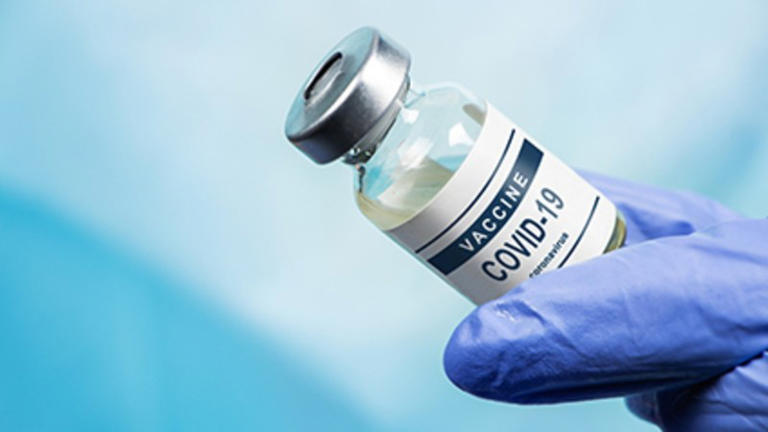Understanding the Effectiveness of COVID-19 Vaccination
Learn about the latest research on the effectiveness of COVID-19 vaccination in preventing emergency department visits and hospitalizations. This blog post breaks down the findings in simple terms and explores what they mean for public health.

COVID-19 Vaccination Effectiveness
COVID-19 vaccination effectiveness has been a topic of ongoing research and discussion since the emergence of the pandemic. Recently, a study published in the U.S. Centers for Disease Control and Prevention (CDC) Morbidity and Mortality Weekly Report shed light on the effectiveness of updated COVID-19 vaccines in preventing emergency department visits and hospitalizations.
Understanding the Study
The study, led by Jennifer DeCuir, Ph.D., and her colleagues from the CDC in Atlanta, aimed to assess the effectiveness of updated COVID-19 vaccine doses against COVID-19-associated emergency department or urgent care encounters and hospitalizations among immunocompetent adults. The research spanned from September 2023 to January 2024 and utilized a test-negative case-control study design.
Key Findings
The findings of the study revealed promising results regarding the effectiveness of updated COVID-19 vaccines.
Effectiveness Against Emergency Department/Urgent Care Encounters:
- Within the first seven to 59 days after receiving an updated vaccine dose, the effectiveness against COVID-19-associated emergency department or urgent care encounters was found to be 51 percent.
- Between 60 to 119 days post-vaccination, the effectiveness slightly decreased to 39 percent. However, it still demonstrated significant protection against such encounters.
Effectiveness Against Hospitalization:
- The study also assessed the effectiveness of updated vaccines in preventing COVID-19-associated hospitalizations.
- Vaccine effectiveness estimates against hospitalization were reported to be 52 percent and 43 percent, respectively, with corresponding median intervals of 42 and 47 days from the updated dose.
Implications for Public Health
These findings carry important implications for public health strategies and COVID-19 vaccination campaigns. Understanding the effectiveness of vaccines helps policymakers and healthcare professionals make informed decisions about vaccination policies and recommendations.
Continued Monitoring: The CDC emphasized the importance of continued monitoring of vaccine effectiveness. Ongoing surveillance allows health authorities to track changes in vaccine efficacy over time and against emerging variants of the virus.
Support for Updated Vaccination Recommendations: The results of the study provide support for the CDC’s recommendations regarding updated COVID-19 vaccination for the 2023-2024 period. The findings affirm the importance of staying up-to-date with vaccinations to maximize protection against severe outcomes of COVID-19.
Transparency and Disclosure
It’s important to note that several authors involved in the study disclosed ties to the pharmaceutical industry. Transparency in reporting potential conflicts of interest is essential in maintaining the integrity of scientific research and ensuring trustworthiness in the dissemination of findings.
Conclusion
In conclusion, the research published in the CDC Morbidity and Mortality Weekly Report underscores the effectiveness of updated COVID-19 vaccines in reducing the risk of emergency department visits and hospitalizations due to COVID-19. These findings contribute valuable insights to the ongoing efforts to combat the pandemic and promote public health and safety.
As vaccination campaigns continue and new data emerge, it remains crucial for individuals to stay informed and prioritize vaccination as a key measure in the fight against COVID-19.
Final Thoughts
Understanding the effectiveness of COVID-19 vaccines is essential in navigating the complexities of the pandemic. With ongoing research and surveillance, we can adapt our strategies and recommendations to ensure the best possible outcomes for individuals and communities worldwide.